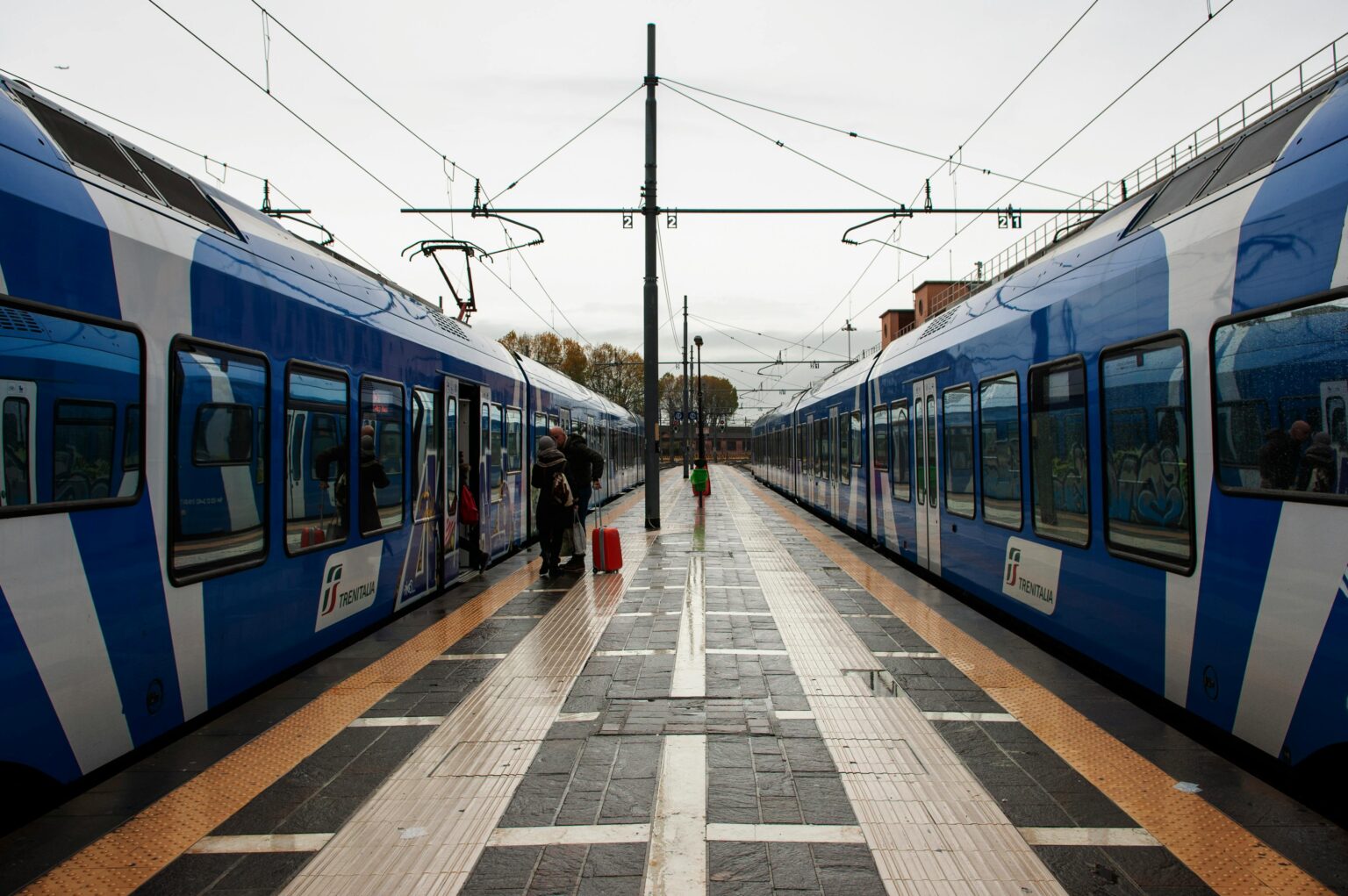The Italian Competition Authority (ICA) has initiated an investigation into Rete Ferroviaria Italiana S.p.A. (RFI) and its parent company, Ferrovie dello Stato Italiane S.p.A. (FS), over suspicions of abusing their dominant position in the national railway infrastructure market.
The investigation focuses on potential violations of Article 102 of the Treaty on the Functioning of the European Union (TFEU), which prohibits anti-competitive practices by dominant companies.
The primary concern of the ICA is the alleged hindrance and slowdown of market access for SNCF Voyages Italia S.r.l., a new entrant aiming to compete in Italy’s high-speed passenger transport market. The Authority claims that RFI engaged in exclusionary practices related to the allocation of infrastructure capacity, which are suspected of limiting SNCF Voyages Italia’s ability to operate effectively within the Italian high-speed rail sector.
Officials from the ICA, supported by the Special Antitrust Unit of the Italian Financial Police (Guardia di Finanza), conducted inspections at the offices of RFI, FS, Trenitalia S.p.A., and Italo – Nuovo Trasporto Viaggiatori S.p.A. These inspections were aimed at collecting documents deemed critical to the investigation.
The Alleged Anti-Competitive Practices
The ICA’s investigation suggests that RFI, which manages Italy’s national railway infrastructure, may have employed various strategies to limit the entry of new competitors into the high-speed transport market. These practices could include discriminatory allocation of rail capacity, preferential treatment for incumbent operators, or other actions that undermine fair competition in the market. The result, according to the Authority, is that SNCF Voyages Italia has faced significant barriers to entry, stalling its efforts to compete with established players like Trenitalia and Italo.
RFI, as the operator of Italy’s vast national railway network, holds a crucial role in the country’s transport infrastructure. It manages over 16,800 kilometers of railway lines and has significant control over the allocation of capacity for passenger and freight services. Given the strategic importance of RFI in facilitating competition within Italy’s high-speed rail sector, any anti-competitive behavior could have far-reaching effects on market dynamics and consumer choice.
RFI’s Role and Investments in Infrastructure
As of 2022, RFI is the lead company in the FS Italiane Group’s Infrastructure Hub, which oversees substantial investments in Italy’s transport infrastructure. The Hub is responsible for managing approximately €160 billion in investments between 2022 and 2031, focusing on upgrading and modernizing both rail and road networks across the country. This includes €110 billion earmarked for railway projects, as well as a further €50 billion for road infrastructure. RFI’s responsibility extends to maintaining Italy’s extensive railway network, ensuring the safe operation of more than 9,000 daily passenger trains and freight operations.
The Infrastructure Hub, which also encompasses entities such as Anas, Italferr, and Ferrovie Sud Est, aims to improve the resilience and interconnectivity of Italy’s transportation infrastructure. However, while these ambitions align with broader national goals for modernization, the ICA’s investigation will scrutinize whether RFI’s actions in its management of infrastructure capacity have unduly restricted competition.
Impact of the Investigation
This investigation is crucial not only for the specific case of SNCF Voyages Italia but also for the broader market in Italy. A fair and competitive railway sector is vital for both economic growth and consumer choice, particularly in high-speed rail, which is an essential mode of transport for millions of people in Italy.
